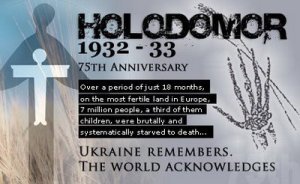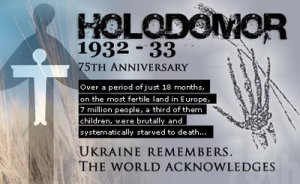When I finished watching this film, I had to go up to the library counter to double check its release date..1957. That too in Soviet Union. It is so well made that I find it unbelievable for it to belong to that time. Cranes are Flying is probably one of the best films I have watched. It is set in World War II period and captures the sentiment of regular soviet people amidst conscription, German air raids, etc. They are ideologically indifferent and detached from the high powered politics yet make unbearable sacrifices in the personal realm. This movie is beautifully made, and feels real – no overdoing of gross and violent war scenes, no pretensions or gratuitous actions that trap box office cinemas into mediocrity. I wonder if many such movies emerged after Stalin died.. perhaps this period of the thaw was the formative period of Russian cinema, which during Stalin’s time was little else than a propaganda vehicle. The biggest indication of its redemptive or transformative symbol is the humanistic nature of the film – it is sad love story of two war torn individuals, not some Stalinist fetish for tractors or modern mechanization! In fact the movie hadn’t even encroached on the popular hatred of Germany.
After Kruschev shocked congress with his 1956 speech, life in USSR began to change (mostly for the better).The Soviet society was experiencing a cultural revolution – unmasking of previous misdeeds, relaxation of norms, and relative freedom of artistic expression. Films are not merely tools of communist party propaganda any longer.. In such a scenario, Cranes are Flying is bold experiment. It is a step into the future.The best part was the ending scene which has a strong political message (Stepan’s speech), and unmistakable optimism that resurfaces from total loss, like a resurrection from the choas and sorrow of war. Ironical because I was close to writing it off as another sad ending – a trait of numerous Russian films.This is the only scene after the first 15 mins of the film do I find Veronica smiling! Click here for the ending scene in the film.
Lastly, Cinematography was incredible and the film consistently kept me in anticipation (a feat not commonly accomplished by old style Black and White cinema). I am sure to watch more of Kalatozov films in the future, in fact here’s my wishlist – True Friends, Unsent Letter, I am Cuba.






